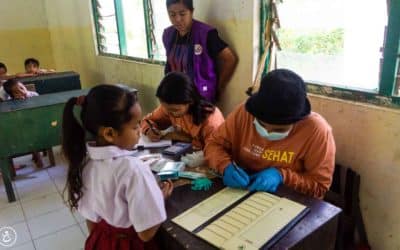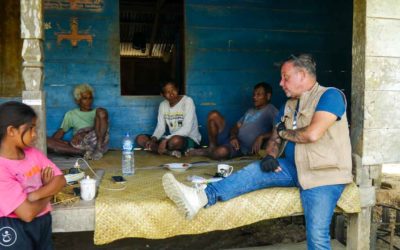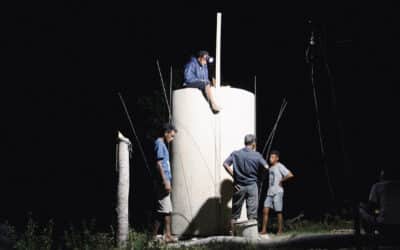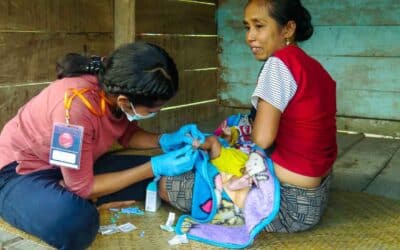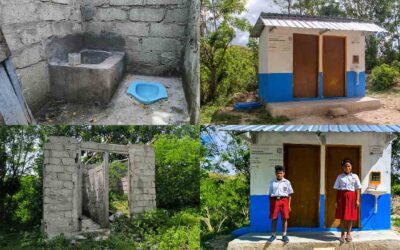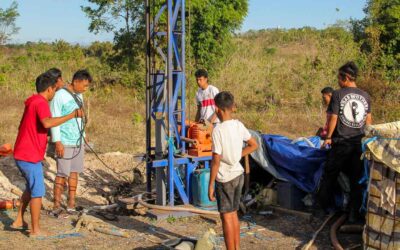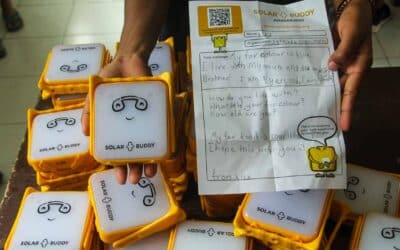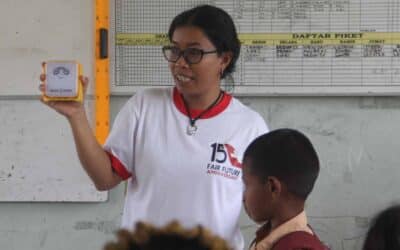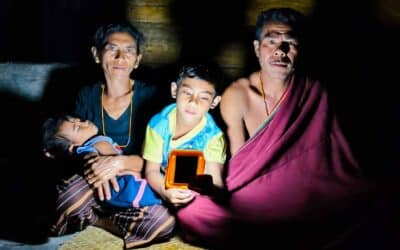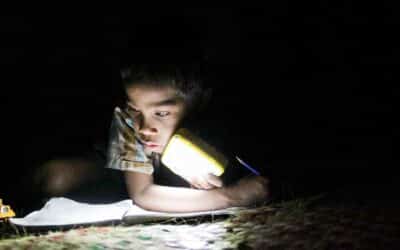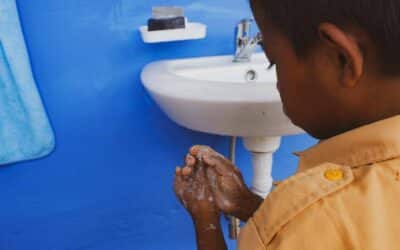The Fair Future Foundation and Rotary International have launched the Zero Malaria Program to combat malaria in remote Indonesian regions. Our efforts include distributing insecticide-treated nets, conducting rapid diagnostic tests, and educating families on disease prevention. Each action taken is a step towards saving lives and creating better futures for everyone involved!
Through the Primary Medical Care program, Kawan Sehat health workers provide treatment for fevers, wounds, and malaria in villages lacking access to doctors. They carry essential medicines, adhere to established medical protocols, and refer emergency cases promptly to prevent delays in care.
Donate
Support Care
Programs
All projects
Quick News
Field updates
Stories
Field stories
The province of Nusa Tenggara Timur, home to some of Indonesia’s most remote and underserved communities.
Tons of Medical Supplies for Life-Saving Programs
We’ve received the latest batch of pharmaceuticals, disinfectants, bandages, and medical equipment—hundreds of kilos worth—used in our #PrimaryMedicalCare program and infectious disease prevention efforts, especially malaria. More supplies are on the way. Thank you for helping us continue this vital work in East Indonesia.
Alex Reflects on 17 Years with Fair Future Foundation
We invite you to read Alex’s latest personal letter, a rare and heartfelt reflection on nearly 20 years of dedication to Fair Future, which he founded. He shares his journey without asking for anything, simply telling the story of his daily work. We encourage you to read and share this touching testimony.
Ferro Cement Water Reservoirs: A Lifeline for Communities
The Fair Future Foundation’s Water Connections program provides clean water to remote villages through manual construction of water reservoirs, reducing waterborne diseases and improving living conditions for women and children.
Tribute to Fair Future’s Lifeblood: Our Volunteers
Our foundation’s success in transforming lives in remote areas of Sumba is owed to our devoted volunteers at Fair Future Foundation. Over 100 individuals work tirelessly every day, constructing water tanks, delivering medical aid, and educating communities about healthy practices. Their unwavering commitment ensures life-changing impacts.
Transforming Unsafe Spaces into Healthy Environments
It is absolutely crucial to transform unsanitary school toilets into clean and hygienic environments in remote rural...
Laindatang Deep Well Testing, Hope for Clean Water
Fair Future continues its groundbreaking work in Laindatang, one of the driest regions in the world. During this crucial test phase of deep well drilling, the goal is to provide access to vital water for over 600 people, including many children. Our team is dedicated to ensuring that these remote communities can flourish through improved health, nutrition, and hygiene.
SolarBuddy lamps and letters connect two worlds
Children from countries including Australia and the United States assembled the solar lamps that were distributed to...
Teaching kids how SolarBuddy lights can change their lives
Ayu from the Fair Future and Kawan Baik Indonesia is demonstrating how SolarBuddy lamps will improve the lives of...
SolarBuddy Lamps: Transforming Lives in Rural Indonesia
SolarBuddy lamps are making a difference in the lives of people living in remote areas of Indonesia. These lamps...
Promoting Health & Education: Fair Future Stories
Fair Future utilizes infographics and original images to showcase our social, medical, and educational initiatives in ultra-rural areas. These visual representations promote healthier lifestyles, reduced infections, improved well-being, increased food supply, clean water access, and sanitation maintenance. Explore these firsthand accounts as we work to preserve them while fostering motivation and learning opportunities.
Final Report: Laindatang Water Connections Phase 2
After completing Phase 2 of the Laindatang Water Connections, we have successfully provided clean water and improved health in Laindatang. This initiative has significantly upgraded their quality of life by reducing infectious diseases and promoting healthier lifestyles. Our comprehensive report details infrastructure progress, healthcare education programs, and ongoing efforts for a sustainable well-being future in this area.



